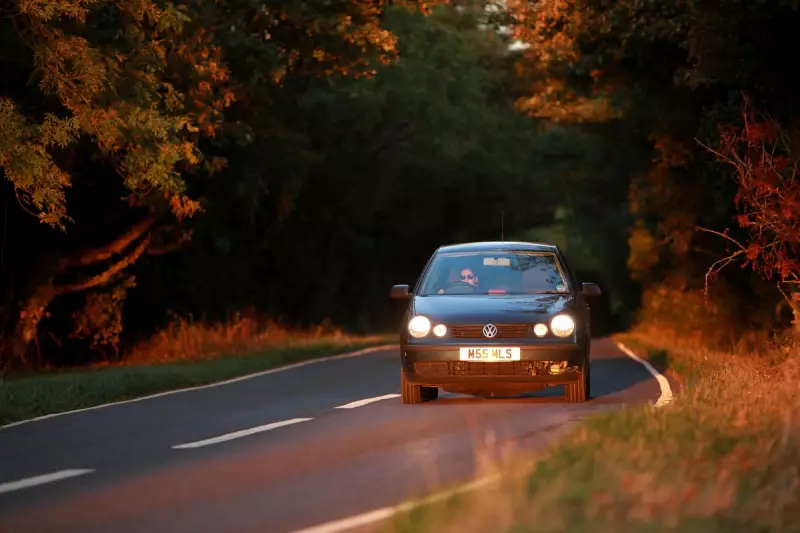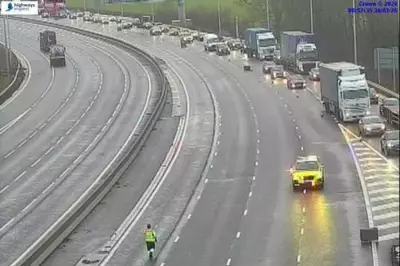
As British Summer Time ends and darker evenings approach, motoring experts are issuing an unexpected safety warning: keep your sunglasses readily available in the car throughout the winter months.
The call comes from the UK's leading breakdown organisation, which highlights that the low winter sun creates particularly hazardous driving conditions during morning and evening commutes.
Why Winter Sun Poses Greater Risks
While many drivers associate sunglasses with summer driving, the reality is that the sun sits much lower in the sky during winter months. This creates intense glare that can blind drivers, especially during peak travel times when the sun aligns perfectly with road directions.
"The low winter sun can be incredibly dangerous," explains a road safety spokesperson. "When it sits at horizon level, it creates blinding conditions that significantly reduce visibility and reaction times."
The Clock Change Effect
The end of October brings the annual clock change, plunging the UK into darker evenings almost overnight. This sudden shift means many commuters find themselves driving directly into the setting sun during their journey home.
Research indicates that glare-related accidents increase significantly during the weeks following the clock change, as drivers adjust to the new lighting conditions.
Essential Winter Driving Kit
Motoring organisations recommend every vehicle should contain:
- Polarised sunglasses in an easily accessible location
- A clean cloth for wiping windscreens
- Screen wash rated for freezing temperatures
- De-icer and ice scraper
Polarised lenses are particularly effective as they reduce reflected glare from wet roads and other vehicles.
Additional Safety Measures
Beyond keeping sunglasses handy, drivers should:
- Maintain a clean windscreen both inside and out
- Use sun visors effectively
- Increase following distances in bright conditions
- Slow down when visibility is compromised
Remember that if the sun is too bright for comfortable driving, it's likely affecting other motorists too, so defensive driving becomes crucial.
As we prepare for the seasonal change, this simple precaution could make all the difference in ensuring safer journeys during the challenging winter months ahead.





